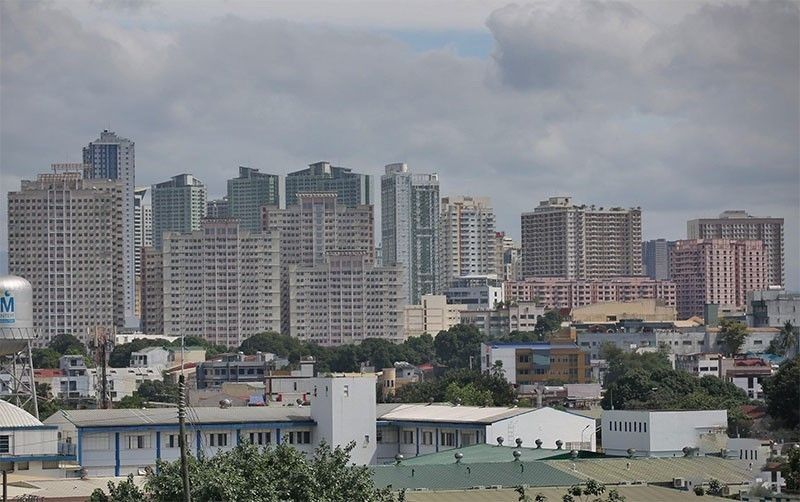Nomura sees Philippine economy expanding by 6% next year

MANILA, Philippines — Japan-based Nomura Global Research expects economic growth in the Philippines to improve next year but still undershoot official targets at six percent.
In its Asia Macro Outlook 2025 report, Nomura said it forecasts a gradual improvement in gross domestic product (GDP) growth to six percent year-on-year in 2025 from 5.6 percent in 2024, in line with consensus but still at the low end of the government’s latest forecast range of 6-8 percent.
“We think public investment spending will remain a significant growth engine, as the government pushes for more progress on infrastructure projects, which remain a top priority of the Marcos administration. This push will get an added impetus from the mid-term elections on May 12, 2025,” Nomura said.
“Sustained infrastructure implementation should, in our view, start to crowd in private investment spending when borrowing costs are declining and BSP (Bangko Sentral ng Pilipinas) is easing monetary policy,” it added.
Nomura said a more favorable inflation outlook as well as positive wage growth would likely support a turnaround in consumer sentiment and thus household spending, which is starting to recover and indeed helped GDP growth regain some momentum in the third quarter.
The global research firm, however, said strong external headwinds would likely provide some offset, particularly in the second half of 2025.
“As we have highlighted, the Philippines is among the most vulnerable in the region to (US president-elect) Trump’s policy proposals and is likely to be caught in the crossfire of deteriorating US-China ties. Therefore, we pencil in slow growth of goods and services exports, with the tariffs likely to weigh on external demand, while worker remittances, which support domestic consumption, are likely to be negatively affected by tighter immigration policy in the US, similar to Trump’s first term,” Nomura said.
It emphasized that foreign direct investment (FDI) inflows have been more limited than in regional peers and might be further constrained by rising tensions in the South China Sea, if the US provides less regional security under Trump amid China’s increased assertiveness in the disputed waters.
“As a result, we think the twin deficits will remain significant. We forecast a narrowing of the fiscal deficit to 5.5 percent of GDP in 2025 from 5.9 percent in 2024, but this is still above the government’s medium-term fiscal framework (MTFF) targets of 5.3 percent, and still well above the pre-COVID average of 2.4 percent,” Nomura said.
It added that MTFF targets would likely be challenging to meet due to the elections and spending priorities.
- Latest
- Trending






























